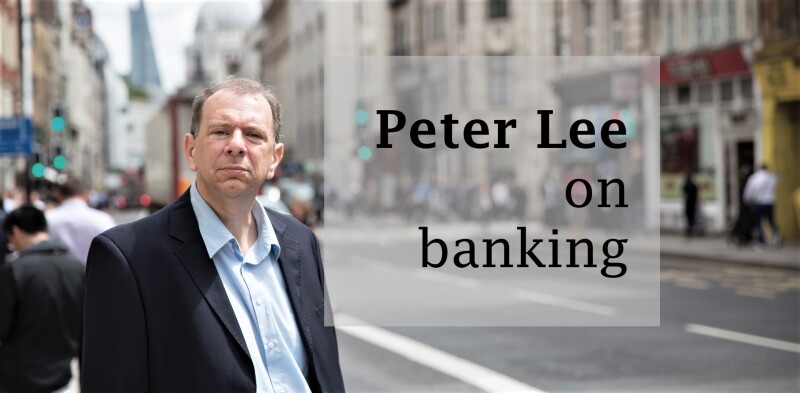
“It is different this time,” says chief executive Christian Sewing, of Deutsche Bank’s latest restructuring. Management and the board are not asking shareholders to stump up new money to meet the €7.4 billion costs of exiting equity sales and trading, cutting back in rates, eliminating 18,000 jobs and reducing the balance sheet by 20%.
Maybe that’s making a virtue out of necessity. One shudders to think how shareholders in a bank with a market capitalization of just €15 billion might have reacted if they had been asked to fund this, with the shares trading around 0.2 times tangible book value.
So, while attempting to self-fund a long overdue and sensible rebalancing of the business deserves applause, this places even more emphasis on execution risk.
Sewing is nailing his own job to achieving results most analysts describe as highly optimistic
Deutsche intends to cut annual expenses by €6 billion to €17 billion by 2022, while maintaining revenues at roughly their current rate, even after closing equity sales and trading, which previously used to bring in €2 billion a year, and losing another €500 million of rates revenue.
